Memory, Identity, Power: Politics in the Junglemahals, 1890-1950
First published in 1998, Memory, Identity, Power is a full-length study of the Junglemahals, an area lying at the margins of the Indian state of West Bengal. Rather than folding into frontier forgetfulness, Junglemahals has seen frenetic administrative and political activity and has been the focus of scholarly attention because of continuous struggles by the indigenous peasants of that area. Spanning the period between 1890 and 1950, this book describes in rigorous detail the transition of Junglemahals from being a ‘frontier’ region administered by custom and local power to its coming under the full-scale rule of colonial Bengal.
This transition fractured communities and forced its people to provide evidence of ownership of their own soil. It caused widespread unrest and unleashed a series of political mobilisations. Samaddar analyses how these mobilisations, centred around festivals and rites, fictive genealogies and origin myths, helped present a ‘collective culture’, one which transcended the tensions and fissures marking the fabric of this region. Narrated through inter-textual observations on a variety of texts (such as witness and affidavit accounts, census handbooks and colonial survey reports), the book presents this region as one that grappled for a historical identity in the face of colonial settlement operations.
Since 2005, violence has revisited the Junglemahals. Revised, and carrying a new Preface and a discerning Postscript, this book asks the historian to be innovative in tracking sources of so-called obscure histories, reminds the social scientist of the complex way in which memory works in our time, implores the cautious administrator to seek reason, and cautions everyone of us against the violence that has visited areas and regions like the Junglemahals—in the Past and in the present.
Get it now and save 10%
BECOME A MEMBER

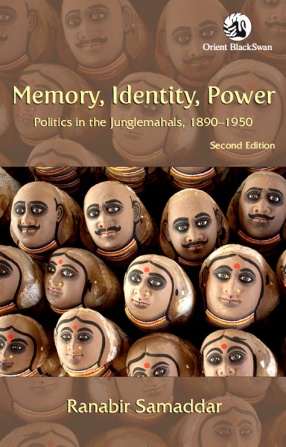
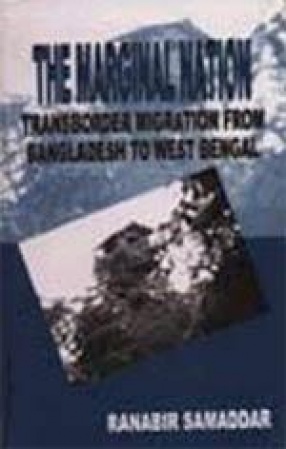
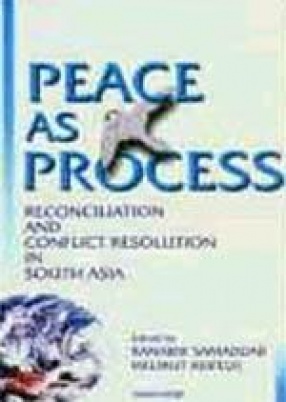
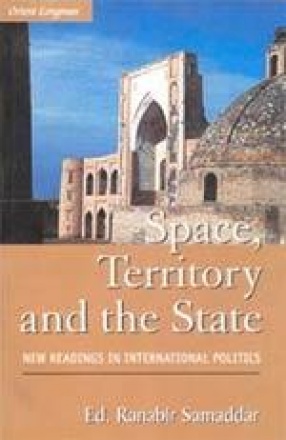

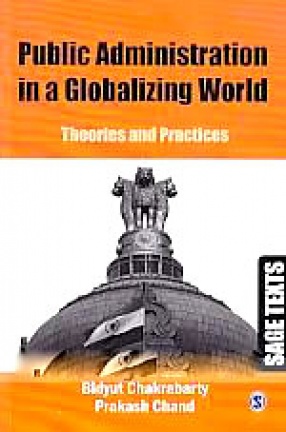




Bibliographic information